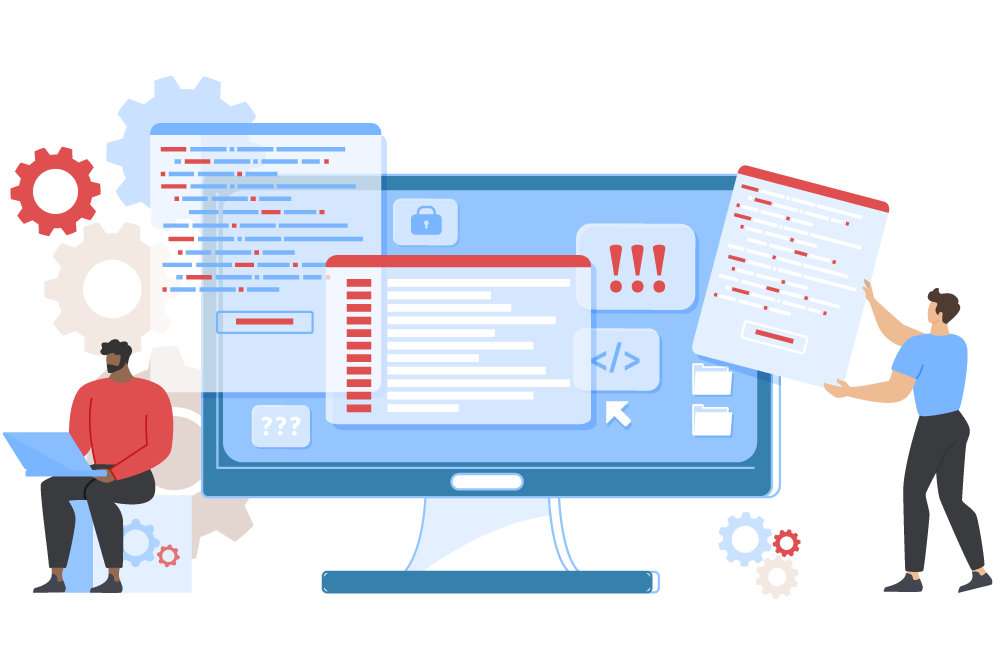Enterprise computer software describes software apps specifically designed in order to meet the needs associated with large organizations, often referred to while enterprises. These applications are typically intricate, scalable, and could integrate with several systems across different departments within a good organization. Enterprise application is developed to address the unique difficulties and requirements regarding large-scale operations, offering solutions for company processes, collaboration, plus data management.
Crucial characteristics of enterprise software include:
Scalability: Enterprise applications are developed to handle the particular growing needs of large organizations, supporting an increased volume of consumers, transactions, and info.
Integration: These apps are often built to be able to integrate with prevailing systems, databases, in addition to third-party software to be able to ensure seamless conversation and data circulation across the firm.
Customization: Enterprise application is flexible plus customizable to allow for specific business processes and requirements. Organizations can often configure or even customize the computer software to align with their very own workflows.
Security: Safety is a main concern inside enterprise software. This includes features such as access controls, encryption, and other steps to safeguard sensitive info.
Collaboration and Connection: Enterprise software usually includes tools intended for collaboration, communication, plus project management to enhance teamwork plus efficiency.
Business Procedure Automation: It will help mechanize and streamline different business processes, reducing manual efforts in addition to improving overall in business efficiency.
Analyticsand Reporting: Enterprise software supplies robust reporting in addition to analytics capabilities, permitting organizations to derive insights from their info to make informed decisions.
Compliance: Enterprise software often contains features to support organizations adhere in order to industry regulations and compliance standards.
Examples of enterprise software categories include:
Venture Resource Planning (ERP): Manages core business processes such as finance, human sources, and supply cycle.
Customer Relationship Managing (CRM): Manages consumer interactions, sales, and even marketing activities.
Supply Chain Management (SCM): Optimizes the flow of goods and even services from creation to delivery.

Enterprise Intelligence (BI) and even Analytics: Provides resources for analyzing in addition to visualizing data to be able to support decision-making.
Content material Management Systems (CMS): Manages the design, modification, and storage area of digital content material.
Human Capital Supervision (HCM): Focuses on managing HR processes, including payroll, talent management, and employees planning.
Enterprise Articles Management (ECM): Sets up and manages the organization's documents in addition to other content.
Popular vendors providing business software solutions incorporate SAP, Oracle, Ms, Salesforce, IBM, and others.
Implementing Learn here is a significant starting, and organizations usually take part in careful planning, customization, and coaching to ensure successful ownership and integration into their existing facilities.
